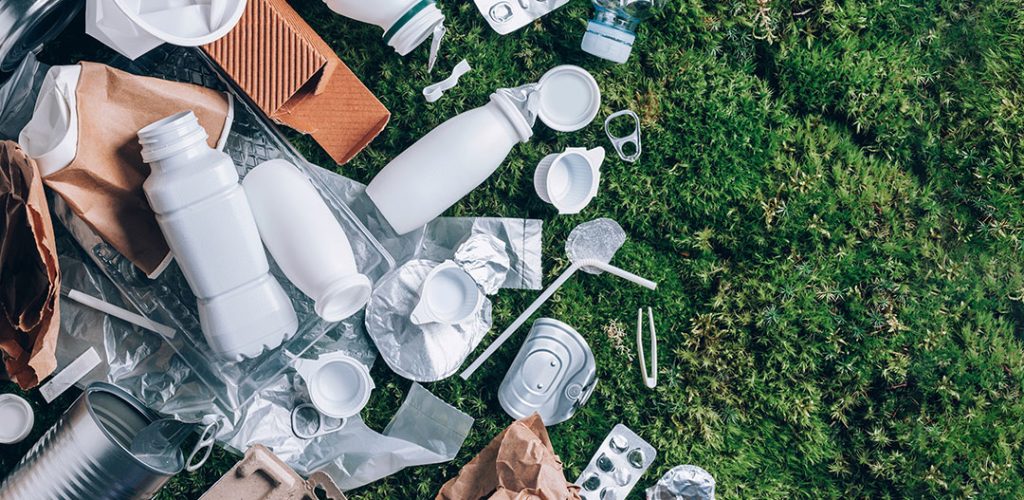
So… paper or plastic? It depends! The sustainability of paper and plastic depends on factors such as the type of material, the intended use, and the disposal method.
Paper is a renewable resource and can be recycled multiple times, making it a popular choice for sustainable packaging. It is also biodegradable and compostable, which means it breaks down naturally without harming the environment. However, the production of paper requires a significant amount of energy and water, and deforestation for paper production can have negative impacts on biodiversity.
Plastic, on the other hand, is lightweight and durable, making it a popular choice for packaging products. However, plastic is made from non-renewable fossil fuels and is not biodegradable, meaning it can persist in the environment for hundreds of years. Plastic pollution is a significant environmental problem, with plastic waste harming marine life and ecosystems.
In general, paper may be a more sustainable option for short-term use, especially if it is made from recycled materials and can be easily recycled again. However, for longer-term use, plastic can be a more sustainable option due to its durability and the fact that it can be reused multiple times, reducing the need for frequent replacement.
Ultimately, the best choice for sustainable packaging depends on the specific product, its intended use, and the disposal method. Companies should consider a range of factors and prioritize reducing waste, reusing materials, and choosing materials that are renewable, biodegradable, or recyclable.
Paper
 Pros
Pros
| Cons |
|---|---|
| Biodegradable and can decompose naturally without causing harm to the environment | Production of paper requires a lot of energy and water, and can contribute to deforestation if not sustainably managed |
| Made from renewable resources, such as trees, which can be replanted and sustainably managed | Recycling paper requires energy and resources, and not all types of paper can be recycled |
| Recyclable and can be used to create new products, reducing the need for virgin materials | Paper bags are often not as durable as plastic bags, and can tear or rip easily |
| Low carbon footprint compared to plastic | Typically, paper weighs more and takes up more space, resulting in greater transportation demands and GHGs |
Plastic
 Pros
Pros
| Cons |
|---|---|
| Durable and long-lasting, which can reduce the need for replacement | Non-biodegradable and can take hundreds of years to decompose, leading to environmental pollution |
| Lightweight and efficient for transportation, reducing carbon emissions during transportation | Made from non-renewable fossil fuels, contributing to climate change and resource depletion |
| Can be recycled and repurposed, with many innovative products being made from recycled plastic | Recycling plastic can be challenging, and not all types of plastic can be recycled |
| Can be made from recycled materials, reducing the need for virgin materials | Single-use plastic items contribute significantly to plastic pollution and often cannot be (or are not) recycled |
The most sustainable option depends on the specific use case, and a combination of both materials may be the best solution. Ultimately, reducing consumption and increasing recycling rates for both materials is crucial for a more sustainable future.

About Shorr Packaging
Shorr Packaging is an industry-leading, award-winning distributor of packaging products, equipment, and services. We represent the best-known packaging product manufacturers and brands in the industry and are one of the largest independent packaging distributors in the nation. Founded in 1922, we are an established, employee-owned company with a long history and success record, all attributed to one simple principle — listen to the customer. To learn more, visit www.shorr.com.
